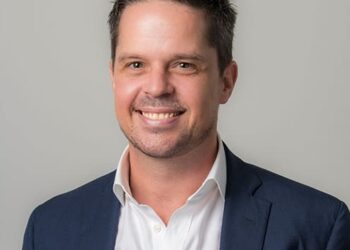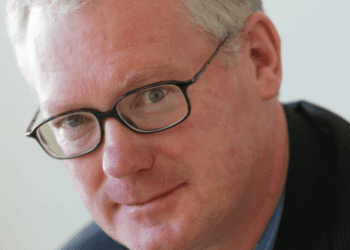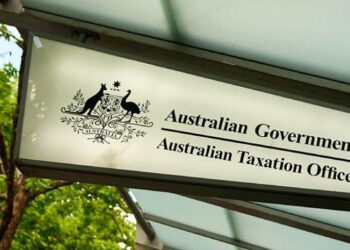Shaun Backhaus, senior associate with DBA Lawyers, said the tribunal’s ruling implies that the state revenue authorities will treat an SMSF like a fixed trust and look to the member balances to determine whether the relevant interest threshold has been met.
“Although it is likely an SMSF does not face the same risks as a discretionary trust, the application of the additional surcharge is still a further consideration for SMSFs purchasing property,” Backhaus said.
The case Chloe Adolphi Pty Ltd as trustee for The Chloe Adolphi Family Trust v Chief Commissioner of State Revenue [2024] NSWCATAD 48 (22 February 2024) reinforces that unless a discretionary trust deed excludes foreign persons, foreign trustees and foreign corporations, significant additional duty and land tax is typically imposed if the trust acquires residential property.
“The deed of rectification in this case was not effective as there was no evidence to support the intention to exclude foreign beneficiaries from the establishment date,” he said.
In this case, the tribunal heard that the Chloe Adolphi Family Trust was established on 16 April 2021. The trustee was Chloe Adolphi Pty Ltd, while Mr Guidera was the appointor and Mr Palyga was the settlor who broadly drafted the trust deed.
In May 2021, the trust acquired residential property in NSW of whom the main beneficiary was Chloe Adolphi, with a wide definition of other beneficiaries who could benefit under the trust. A broad discretion was conferred on the trustee.
The trust deed did not seek to exclude foreign persons from benefitting under the Trust and this point was not in contention. In October 2022, the trust was assessed for land tax and surcharge land tax for the 2021 land tax year, and at this time the Trustee objected to the assessment.
In December 2022 the trustee, settlor and appointor executed a “deed of rectification”. The reason cited in the deed of rectification was that the terms of the deed needed amendment to give effect to the intention of the settlor, appointor and trustee that no foreign person could benefit from the trust.
“They argued that the effect of the deed of rectification was to cause the basis for liability to surcharge land tax to be absent from the establishment of the Trust,” Backhaus said.
“That is, that the Trust was not a foreign trust from its establishment.”
In legal terms, the Land Tax Act 1956 (NSW) provides that a discretionary trust is deemed to be a foreign person if the terms of the trust deed do not exclude a foreign person from benefiting from the trust.
“This requires that the terms of the trust specifically exclude foreign persons and that the trust cannot be amended to include foreign persons as potential beneficiaries,” Backhaus said.
“In NSW a ‘foreign trust’ will pay a surcharge land tax rate on the taxable value of all residential land it owns and while initially lower, the surcharge rate is now four per cent from the 2023 land tax year.”
NCAT said in its judgement that “rectification is a remedy to correct the record of an agreement where that has failed, whether through mutual or unilateral mistake, has omitted a term or failed to express a term of an agreement”.
It also stated that “rectification of a document is considered to have retrospective effect; accordingly, the document to which the rectification applies is read as if it had been executed in the rectified form” and noted that a document is not capable of being rectified in “circumstances where the parties never considered a matter that has then been brought to their attention subsequently”.
“If there is no actual intention at the time of creation of the document, then there has been no mistake. Nor is rectification effective to correct an error about the legal or factual consequences of a document,” the tribunal added.
Backhaus said the NCAT found it was not necessary to decide whether there was a potential beneficiary of the trust that was a foreign person.
“Further, the Trustee could not establish that the requisite intention to exclude foreign persons from benefiting under the Trust existed on the establishment of the Trust,” he said
“Accordingly, the ‘deed of rectification’ did not change the (taxable) facts that existed at the time the land tax liability arose. Thus, the Trustee was liable to the surcharge.”
He added the case shows the importance of including foreign trust exclusions from the establishment date.
“The ability to make retrospective amendments to a trust deed after a tax liability arises is limited and such changes will typically not be effective against third parties such as state or federal tax commissioners,” he said.
“Where there is an existing discretionary trust that acquires residential real estate, advice should be obtained on varying the trust deed to exclude foreign persons. Unless a variation is completed before a liability arises, it is difficult to avoid the additional tax.”


